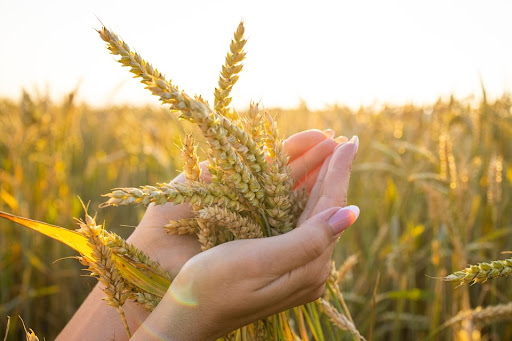
Istanbul: Agricultural specialists in Turkey are urging developing countries to prioritize agriculture as a means to ensure national security and sustainable food supplies through strong support for farmers.
Halim Orta, an academic at Tekirdag Namik Kemal University and a wheat farmer in Turkey’s Thrace region, highlighted that nations with favorable climates can achieve food self-sufficiency with government investment in long-term strategies.
Turkey, for instance, can utilize its unique geographical advantages not only to satisfy its own food needs but also to cultivate exclusive crops like Malatya apricots and Antalya citrus, thereby reducing import reliance and bolstering food security, according to Orta.
He stressed the importance of lowering production costs, implementing long-term policies, and offering subsidies to ensure sustainable and affordable food access, as reported by Xinhua news agency.
Murat Kapikiran, head of the Istanbul Chamber of Agricultural Engineers, emphasized the necessity for developing countries, including Turkey, to maintain farmers’ motivation and resilience against market uncertainties. He cautioned that current policies have resulted in rural depopulation, decreased productivity, land abandonment, water commodification, and an increased dependence on food imports.
“To counter these trends and foster a resilient agricultural sector, the government must adopt policies that prioritize farmers’ welfare, support sustainable practices, and ensure the long-term viability of local food production,” he stated.
Last month, agricultural experts also called for better planning, enhanced education, and sustainable practices to secure the country’s food supply and promote rural development.
In a recent interview with Xinhua, Kapikiran warned of the sector’s lack of reliable data and effective planning, asserting that without appropriate policies, misguided strategies will lead to abandoned villages, reduced production, and neglected lands. He urged relevant institutions to implement more effective agricultural planning to boost production, prevent rural depopulation, and address climate change impacts.
Kapikiran also suggested establishing democratic cooperatives to empower farmers in self-regulation, enhance profitability, and tackle financial and supply chain challenges.
In Malatya, Turkey’s eastern province, Fevzi Cicek, president of the Malatya Chamber of Agricultural Engineers, stressed the importance of Turkey producing more than it consumes to avoid dependency and poverty.
Necip Kati, principal of the Malatya Agricultural Vocational School, highlighted the significance of education in meeting the sector’s increasing demand for skilled workers, noting that agricultural schools provide practical training in areas such as crop production, greenhouse management, and livestock farming to equip students with essential knowledge for the industry.
Official statistics indicate that around one-third of Turkey’s 78 million hectares of land is arable.
